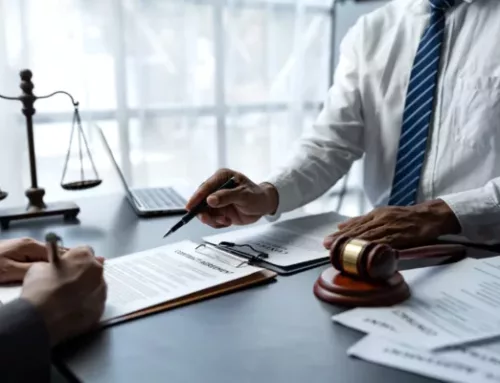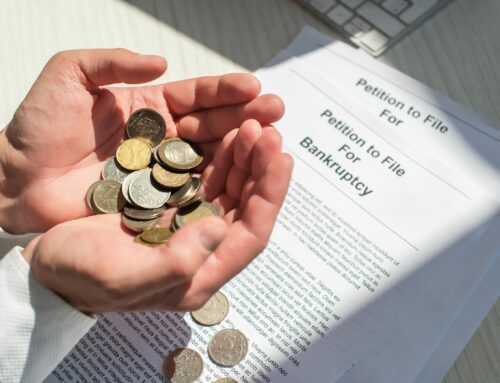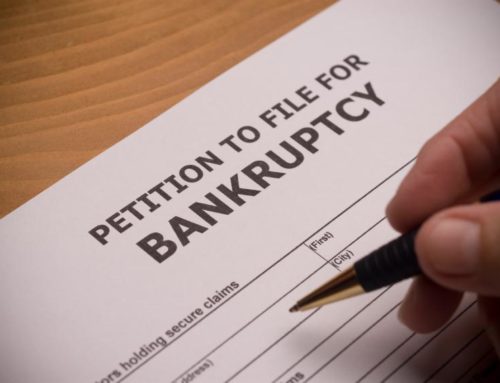Debtors usually file for bankruptcy voluntarily, but bankruptcy laws do allow creditors to force a debtor to declare bankruptcy by filing a petition for  bankruptcy themselves. This is called involuntary bankruptcy.
bankruptcy themselves. This is called involuntary bankruptcy.
An involuntary bankruptcy petition is more often filed on behalf of business debtors, although an individual debtor of means may also be targeted. Overall, a creditor would not bother if it’s obvious that the debtor has no assets with which to pay back debts. If a debtor’s assets are insufficient to cover debt payments, bankruptcy protection includes an automatic stay that will keep creditors from going after most of their assets.
How Creditors File Involuntary Bankruptcy
Involuntary bankruptcies can be filed with the bankruptcy court under bankruptcy Chapter 7 or Chapter 11. Creditors cannot do the same with Chapter 13 or Chapter 12 of the bankruptcy code. In filling out bankruptcy forms, the creditor must state the reason for filing involuntary bankruptcy. The usual reason is that the debtor is unable to pay due debts or that an agent or custodian has taken control of the debtor’s assets in the last 120 days in order to enforce a lien.
How Debtors Respond
If one of your creditors files bankruptcy for you, you have the option to oppose it. You must show that the petition is not justified. You and the creditor have to present each of your cases before a bankruptcy judge who will either dismiss or sustain the petition. If your bankruptcy case is dismissed, it’s possible for you to receive compensation from the creditor. When their petitions are kept intact, bankruptcy cases follow the bankruptcy process as intended by the petitioners.
If you don’t oppose the filing, you will be brought into bankruptcy proceedings as though you had filed the petition yourself.
What Limitations Are in Place
Not all creditors are qualified to take advantage of this provision of the bankruptcy law. There are restrictions that guide bankruptcy filings done by creditors. For instance, a single creditor usually isn’t allowed to file bankruptcy on your behalf unless the debt in question reaches the threshold amount, and if you owe from fewer than 12 unsecured creditors. In the event that you have more than 12 unsecured creditors, at least three of them have to petition your bankruptcy together, and the money you owe them must collectively meet the threshold amount of unsecured debt.
Unsecured debt refers to debt that is not attached to an asset that may be seized if you don’t make your monthly payments. Secured creditors usually don’t feel compelled to file involuntary bankruptcy since continuously missed car loan or mortgage payments will just lead to repossession or foreclosure.
An important limitation to remember is that creditors may not file involuntary bankruptcy against farmers, non-profit organizations, credit unions, banks, insurers, and other certain types of organizations.
How to Get Legal Advice
If you’re experiencing financial distress and now face an involuntary bankruptcy petition as well, it’s best that you consult a bankruptcy attorney right away. It’s one thing to go bankrupt and another to be forced to declare bankruptcy. Financial problems do have solutions. Whether it’s debt management, debt settlement, or some other financial management option, pursue debt relief now. You can contact us at Thomas E. McIntire and Associates, L.C. for a free legal consultation.





